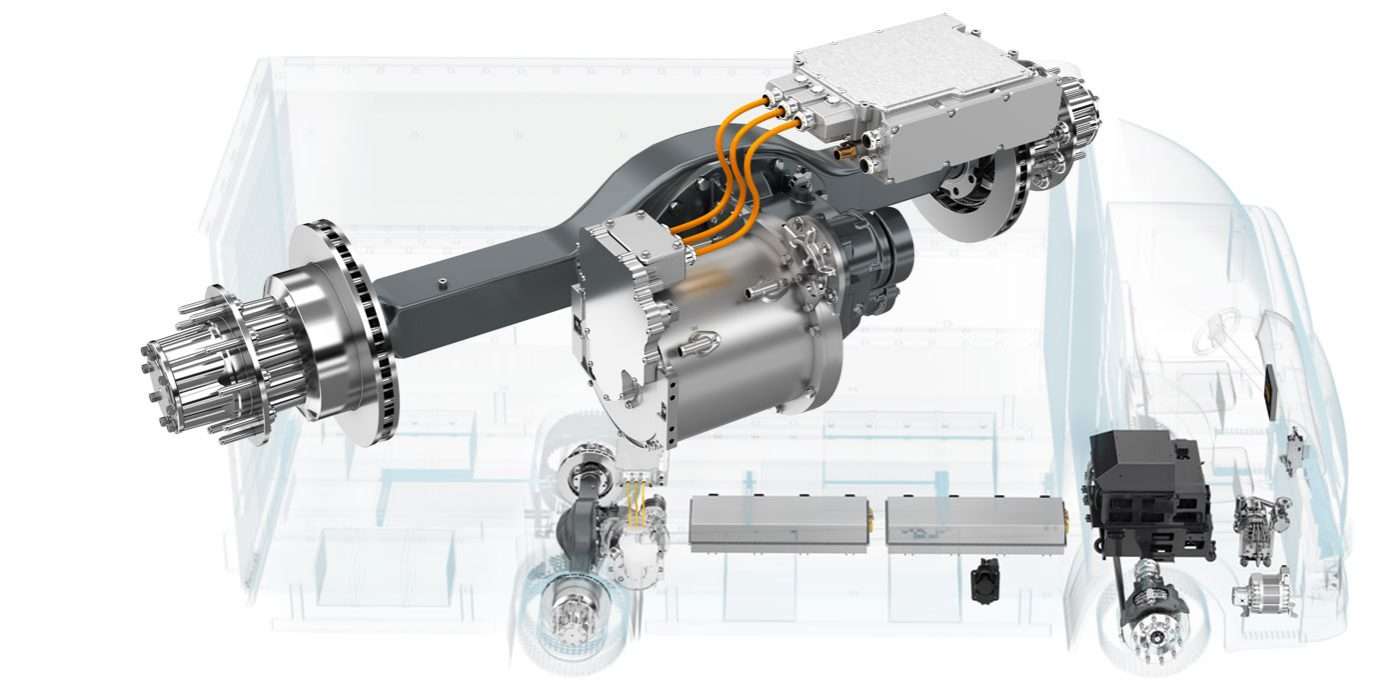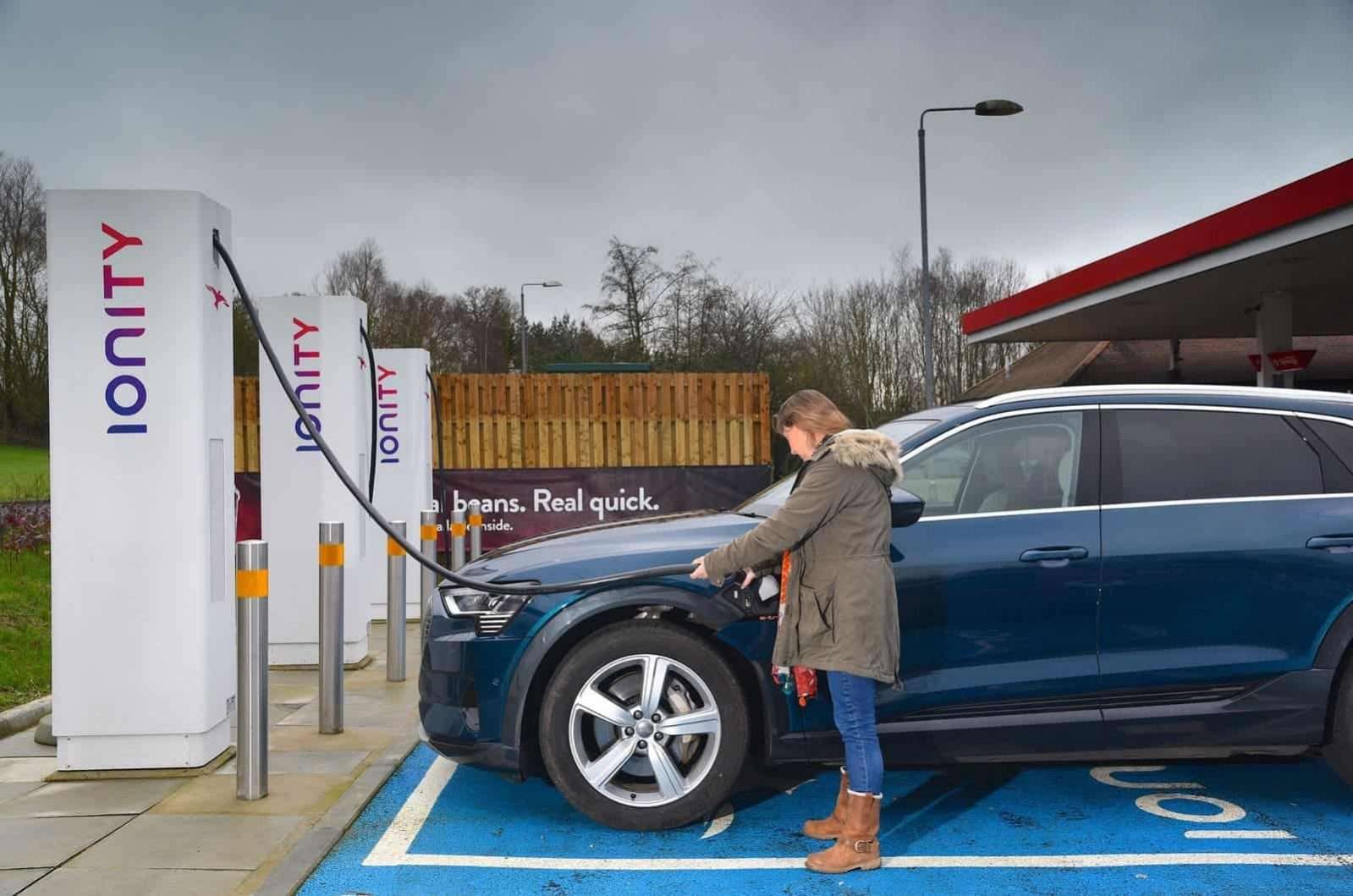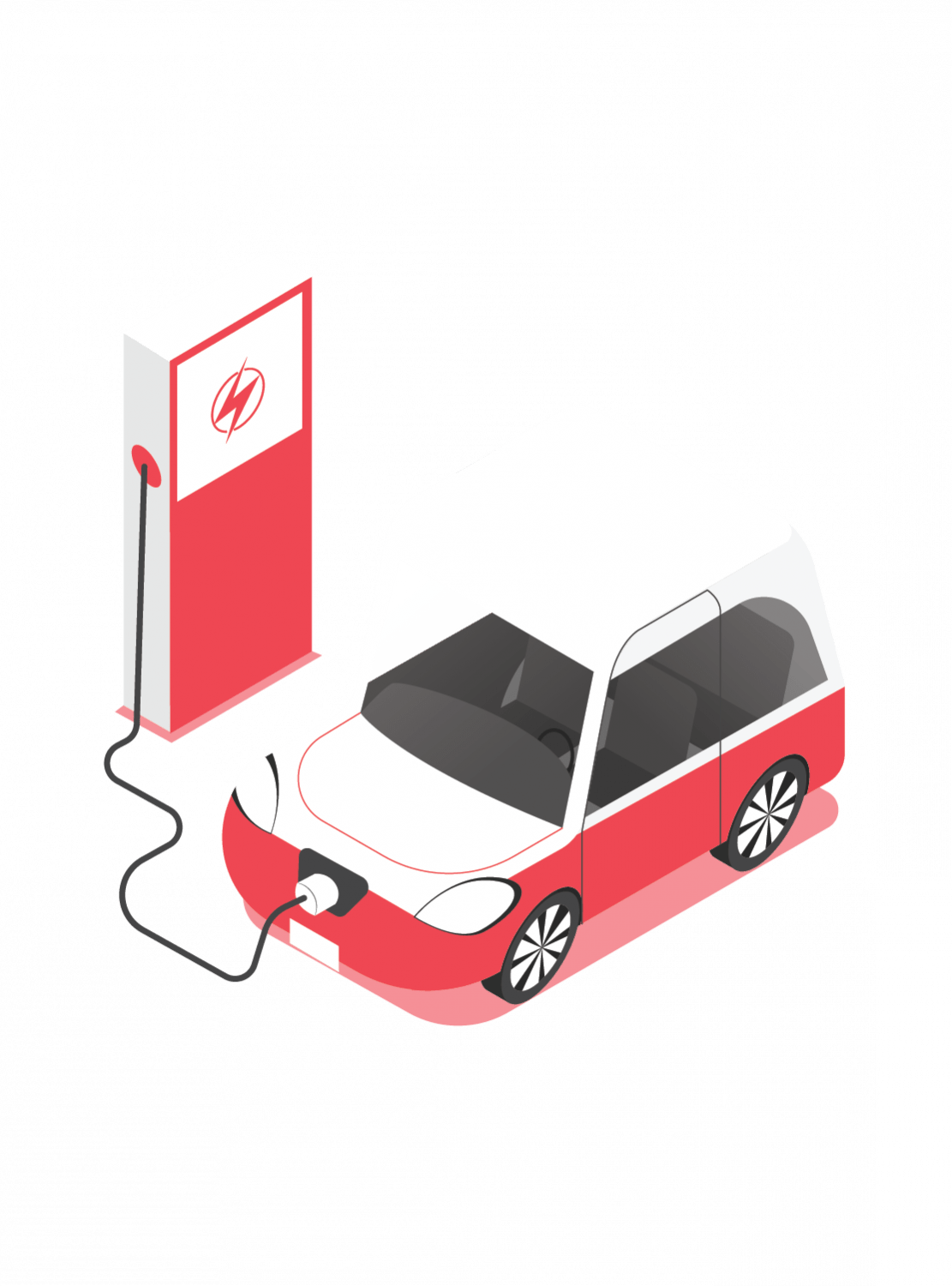10 Quick Suggestions if you are owning an Electric Vehicle
The most recent development in the auto business is the electric vehicle. Electric vehicles have fewer mechanical parts to maintain, which lowers running expenses and results in comparatively low fossil fuel consumption (petrol or diesel). In some electric vehicles that use lead-acid or nickel-metal hydride batteries as the industry standard, lithium-ion batteries have taken their place because they are more durable and have better energy storage than those materials. When combined with power generation, electric vehicles operate in an emissions-free all-electric mode that significantly reduces greenhouse gas emissions.
1. Take a look at the cost
When determining which electric vehicle to purchase, the cost is a key consideration. The cost of modern electric automobiles is significantly higher than that of vehicles powered by internal combustion engines. By OEM, prices also differ. You must be certain of the services and characteristics your ideal car will have before you can purchase it.
2. Verify the vehicle’s guarantee or warranty
Almost all businesses provide warranties and warranties on customer electric vehicle prototypes for a minimum of one year and a maximum of five years. You must buy a car with warranties and guarantees that are still in effect.
3. Take a test drive
You’ll first note that even the most slowly moving electric vehicle surges out of a halt without making any noise as if it had been dropped from a high height. The majority of electric vehicles come equipped with regenerative braking systems, which restore energy lost during acceleration. And that’s how you can tell if your decision is the right one.
4. Bring a portable electric vehicle charger with you
For extended excursions, it is advised people must maintain a portable charger in their car just in case. 3 times more quickly than a Level 1 cable set to charge in a 240-volt outlet. This is significant because it eliminates the need to quickly drive your vehicle to a charging station and set up a second charger.

5. Recognize a technical advance
The inclusion of a vehicle’s own smartphone app is commonplace today. With the best of these apps, you can plan your journeys (for instance, if you need to recharge in the middle of a long drive) or set your air conditioning on fully. You can also schedule your charging to take advantage of inexpensive energy rates.
6. Look into the electric vehicle charging in your area
There are EV charging facilities practically everywhere in the nation, although not always. You must deal with your community’s auto-charging infrastructure if you wish to charge outside of your house.
7. Take consultation from experts
It’s critical to comprehend your requirements and select an electric vehicle that lives up to them. To comprehend the specs of electric vehicles, you can seek the assistance of professionals. It is exhausting to drive a car with less power than is required.
8. Maintain it on regular basis
Even though electric cars require a lot less maintenance than gasoline cars, certain fundamental upkeep is still necessary. Check the pressure in your tires, replace your air filters frequently, and monitor your fluid levels.
9. During winter, pay extra attention to the battery life
Please take good care of your physical health, particularly during the colder months. Batteries don’t function as well in cold weather as they do in warm weather because winter requires extra heating. To solve these problems, switching to eco mode and preconditioning the battery before driving are both sensible solutions.
10. Regenerative braking
In order to recover a sizable portion of the energy lost during deceleration, regenerative braking systems in electric vehicles contribute to charge conservation. Depending on the road and the size of the car, this could significantly increase range.

To know more about EVs: Professionals with in-depth knowledge of electric vehicles and their components are in high demand as the automotive industry quickly switches from gasoline engines to electric vehicles. Courses on electric vehicles are currently being offered by many academic institutions. Electric vehicle design classes, as well as additional programs to assist engineers in breaking into the EV market. To help you learn more about electric vehicles, many academic institutions offer online certificates in electric vehicle engineering. Numerous academic institutions provide online EV technology certification programs that let you quickly investigate EV relevance, consumer needs, battery-saving technologies, and the EV ecosystem.
Future career opportunities in the EV business: are made possible by enrolling in these courses. The EV industry is anticipated to provide 1 million direct jobs by 2030, which is anticipated to result in the production of roughly 5 million indirect jobs, according to the Ministry of Technology Development and Entrepreneurship. Electric motors don’t need a power surge like internal combustion engines to do since they can generate their full torque from a complete stop, unlike gasoline engines. Compared to a regular vehicle, handling an electric vehicle is much simpler. The majority of electric cars have a central battery pack, which lowers the center of gravity and improves stability, handling, and rollover protection.






